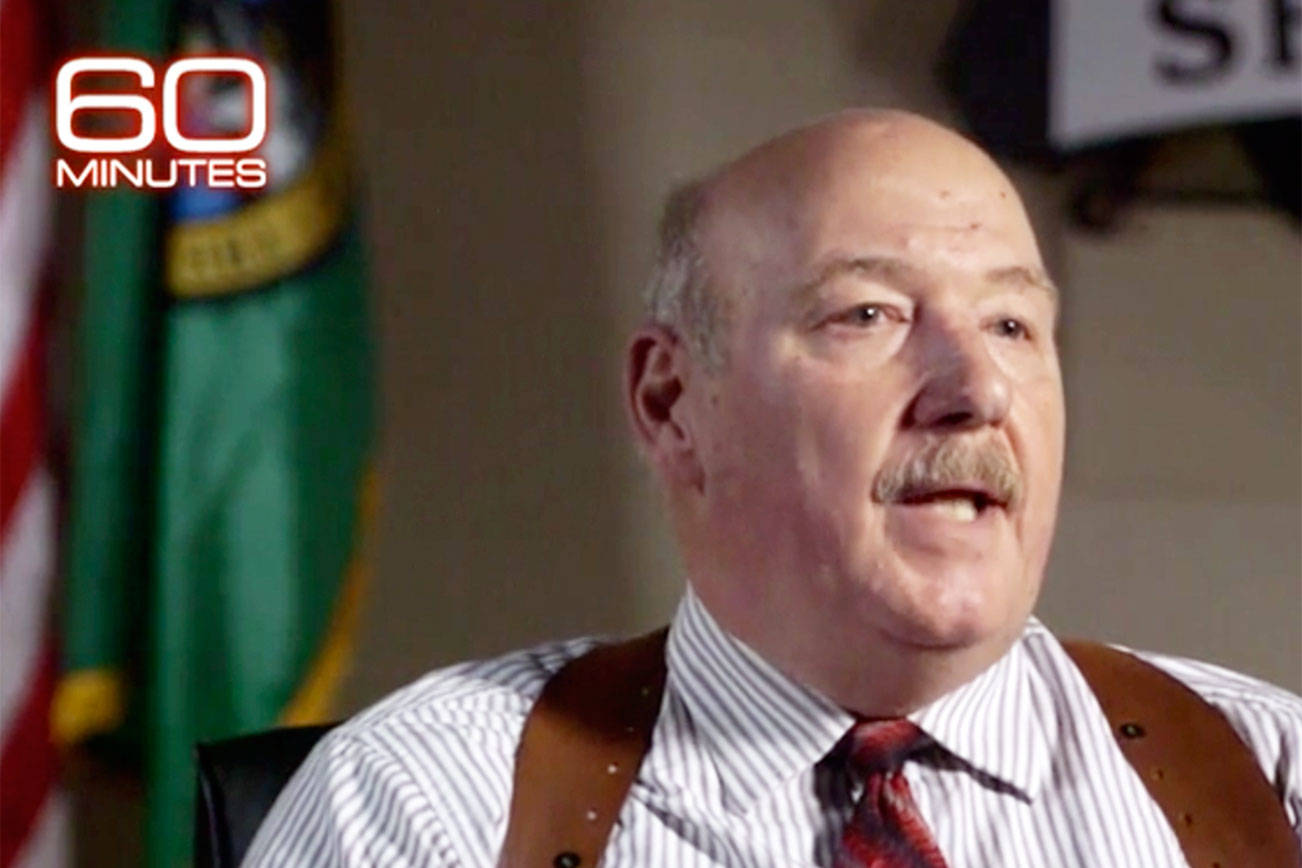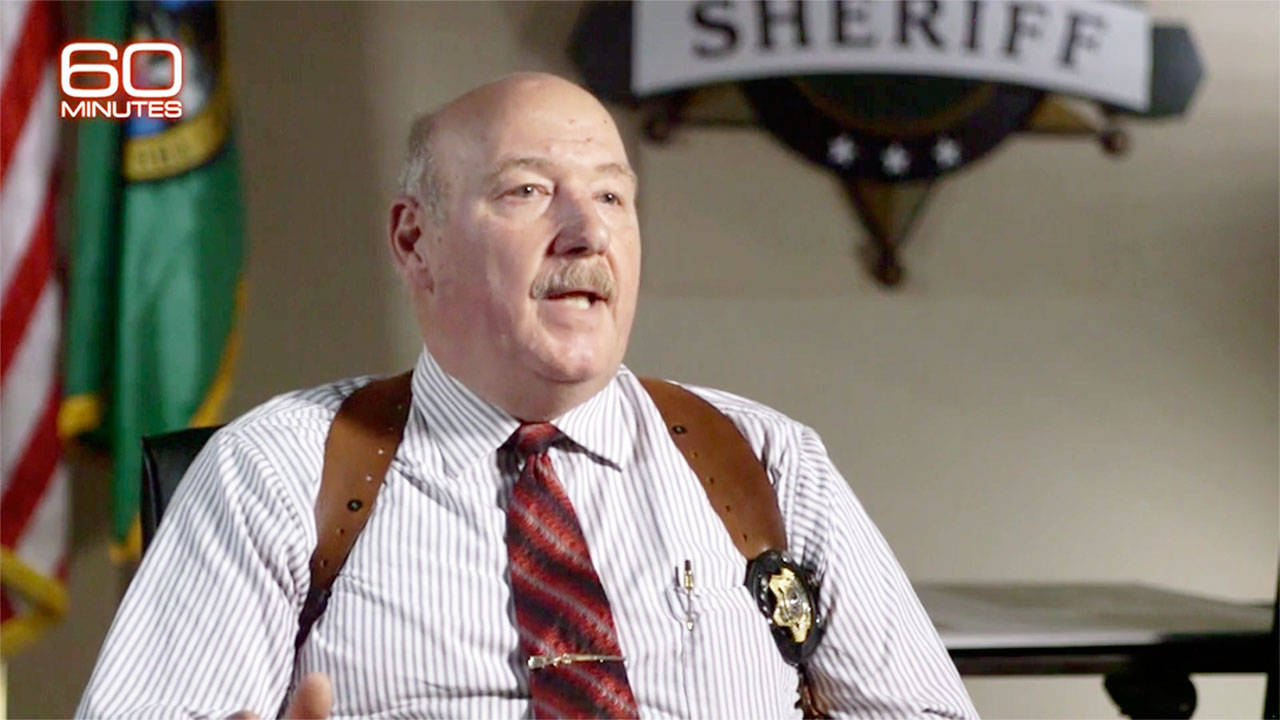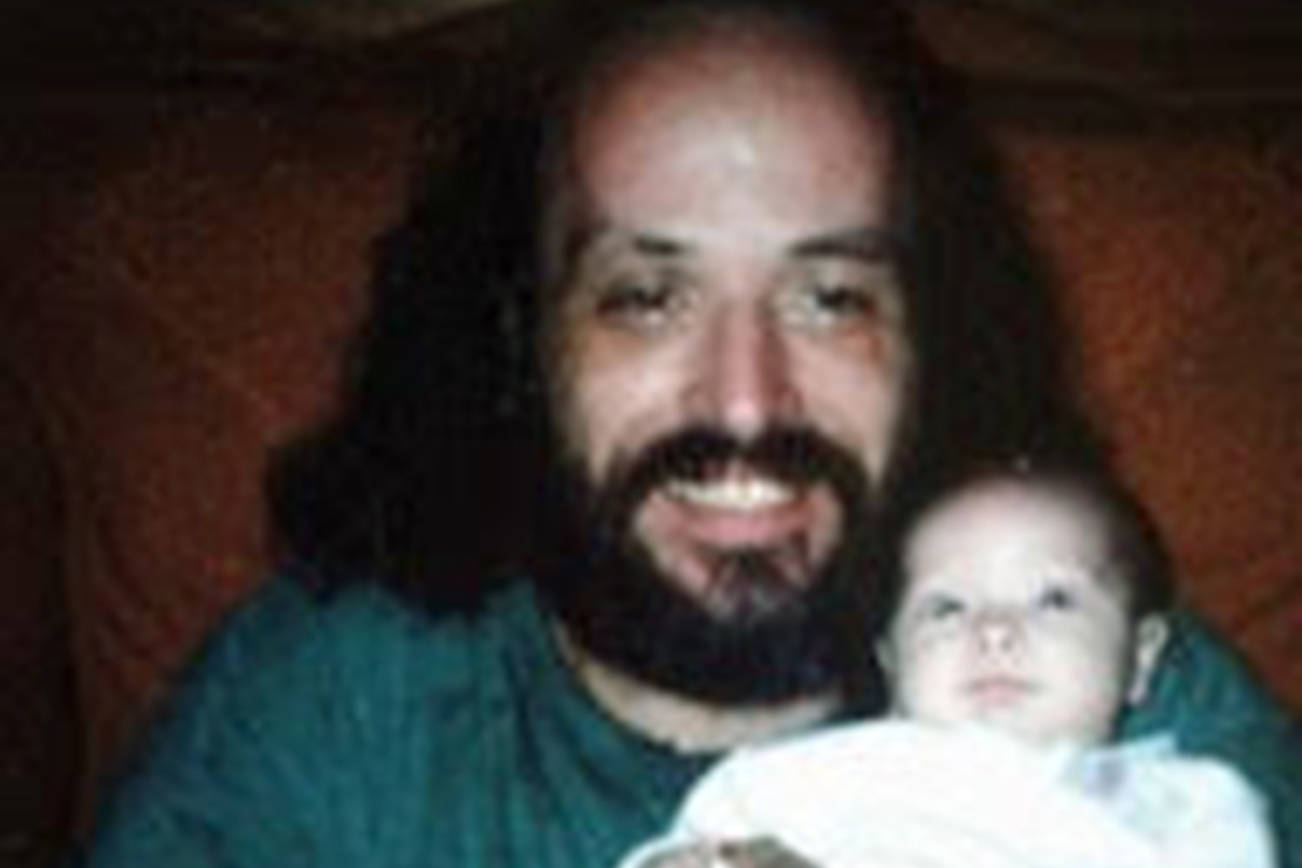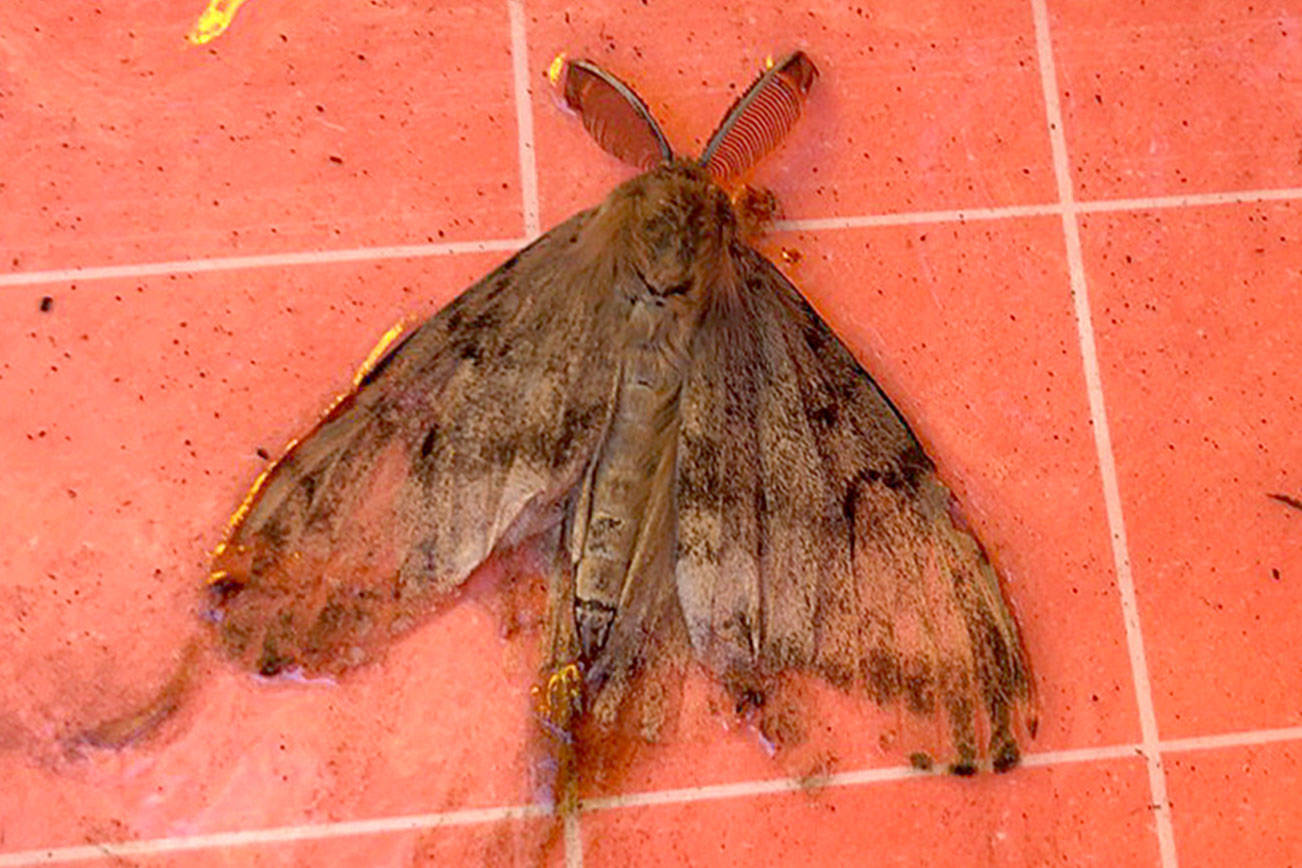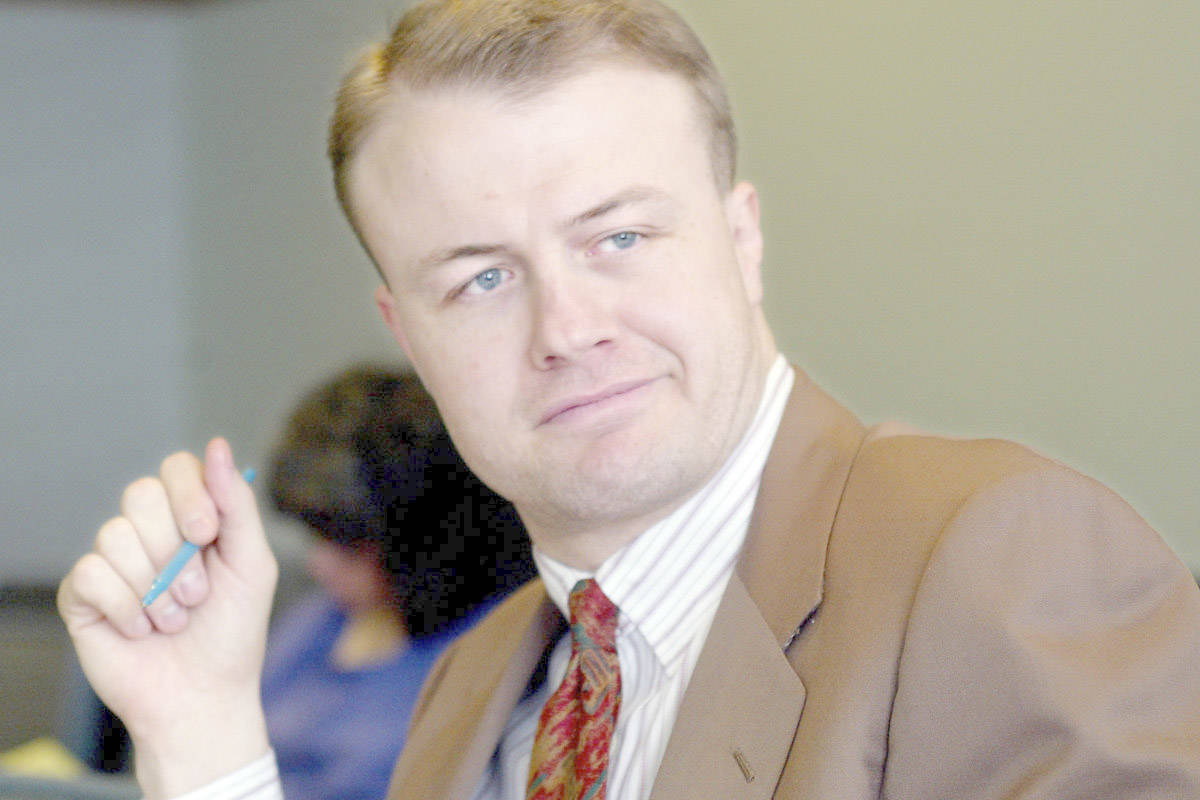EVERETT — A local 31-year-old cold case was highlighted Sunday on the CBS newsmagazine “60 Minutes” during a segment exploring a new crime-solving tool that combines DNA analysis and family genealogy.
The episode was reported by Steve Kroft, a long-time correspondent for the half-century-old program.
It described how the research technique led to the arrest of a 72-year-old suspect earlier this year in the so-called “Golden Gate Killer” case. Police in California believe a serial killer is responsible for 13 murders, more than 50 rapes and over 100 burglaries in California from 1974 to 1986.
The “60 Minutes” story explained how a detective submitted the unidentified killer’s DNA to a public database called GEDmatch, which is used by genealogy enthusiasts who voluntarily provide DNA to research family history.
The idea, detective Paul Holes told “60 Minutes,” was this: “If we can’t find him, can we find somebody related to him? And then work our way back to him? And so ultimately, that’s what we did.”
Detectives in Snohomish and Skagit counties did the same thing with the help of CeCe Moore, lead genealogist for Parabon NanoLabs, a small DNA technology company in Reston, Virginia.
And that led “60 Minutes” producer Michael Karzis to the Snohomish County Sheriff’s Office in Everett earlier this month for an interview with cold-case detective Jim Scharf. Scharf had been looking for a breakthrough in the homicides of Jay Cook and Tanya Van Cuylenborg, a young Canadian couple killed in 1987 while on a road trip to Seattle from their hometown of Saanich, British Columbia, on Vancouver Island.
Van Cuylenborg’s body was found off a road near Alger in Skagit County. She had been sexually assaulted, shot in the head and dumped in the woods. She was 18.
The body of Cook, 20, was discovered beneath a blanket near a bridge south of Monroe. He appeared to have been beaten with rocks and strangled.
Earlier this year, Scharf got “the tip of a lifetime to solve this case,” he told “60 Minutes.”
A new analysis of DNA evidence led Moore and cold case detectives to identify the suspected killer, by way of second cousins who had uploaded their DNA to public genealogy sites. The cousins were searching for relatives. Detectives arrested one of those relatives, William Earl Talbott II, on a murder warrant in May.
Talbott was the only male carrier of the DNA mix from the two families that could match the DNA found at the homicide scenes.
Scharf said Monday that “60 Minutes” did a good job of describing the technology and practical applications for a national audience.
In the segment, the detective recalled getting the call about the DNA link.
“And she told me that we had a match to the suspect that killed Tanya and Jay. And it brought tears to my eyes. And then I screamed. ‘Yeah!’ You know, ‘We got him!’”
Scharf watched “60 Minutes” on Sunday night with his wife and son.
He was particularly interested in the interview with Moore. She is someone he’s worked with from afar but has not met in person.
“You could see how she really cares about what she is doing to help the victims and their families,” he said.
Talbott, a trucker who grew up in Woodinville, is charged with two counts of aggravated murder.
Talbott’s parents lived six miles from the bridge where Cook was found, a straight-shot of a drive with only one turn, according to charging papers.
Talbott’s name never made a list of more than 300 potential suspects, according to the sheriff’s office. If convicted, Talbott, 55, faces life in prison. His trial is set for March 26 .
More from Sunday’s episode of ’60 Minutes’
